If you knew how healthy onion peels are, you would never throw them away.
Onions are rich in vitamin E, PP, B1, B6, B2, C, essential oils, phytoncides, minerals, folic acid, phosphorus, potassium, organic acids, iron and more.
Onion peels contain large amounts of quercetin, which is a powerful antioxidant. Quercetin has been used successfully to treat a number of diseases of the heart and vascular system.
In ancient times onions were used for healing.
In the nature that surrounds us, we can find everything we need for our health. In the past, people were treated only with natural remedies. Over time, we have lost touch with nature and trust only the products from the pharmacy.
Onion peels are used in folk medicine. They help with skin diseases, varicose veins and bronchitis.
Onion peels contain no less nutrients than the vegetables themselves.
Application of onion peels
Before using onion peels, make sure they are healthy and free of marks. Flakes that have rotten parts, fungus or visible defects on them cannot be used.
Once you have chosen only healthy looking peels, you need to wash them well under running water.
Onion peels are used:

- for cough;
- for the treatment of bronchitis;
- as a laxative;
- skin problems;
- to reduce pain and discomfort in varicose veins;
- they are also useful for the prevention of cancer;
- for silky soft hair;
- to regulate blood pressure;
- to prevent cardiovascular disease.
Useful properties of onion peels
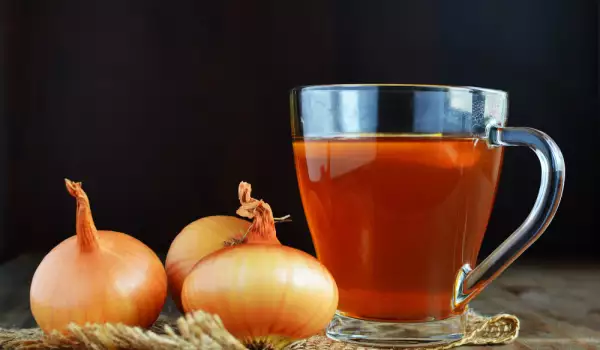
- diuretics;
- antioxidant;
- have expectorant action;
- have anti-inflammatory effect;
- antispasmodic;
- detoxifying effect;
- hypotonic action;
- antiseptic effect.
Onion peel tea is recommended for hypertensive patients. Thanks to this tea they will improve their health.
Onion peels should not be used by people who have onion allergy or suffer from gastritis, kidney stones, inflammation of the kidneys, pancreatitis and by pregnant women.
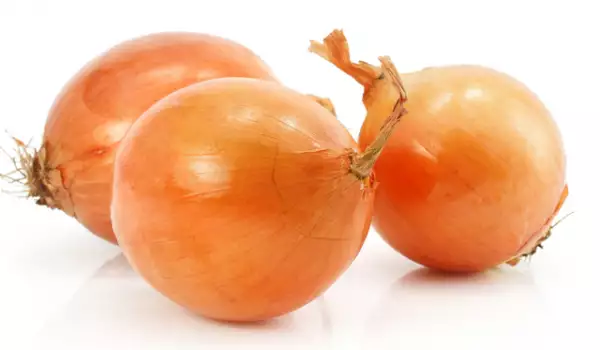



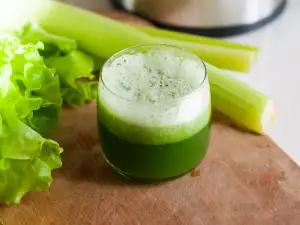

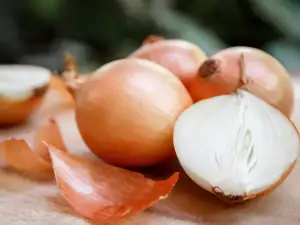



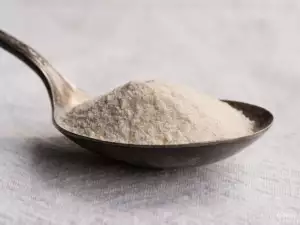
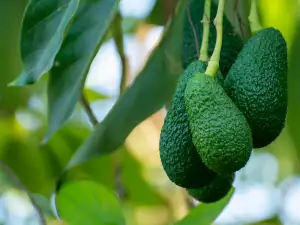
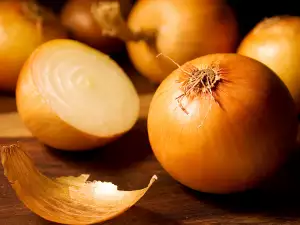
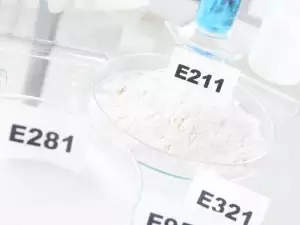
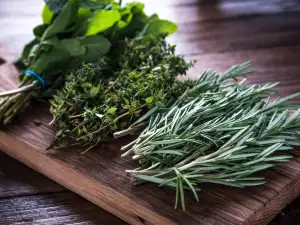




Comments